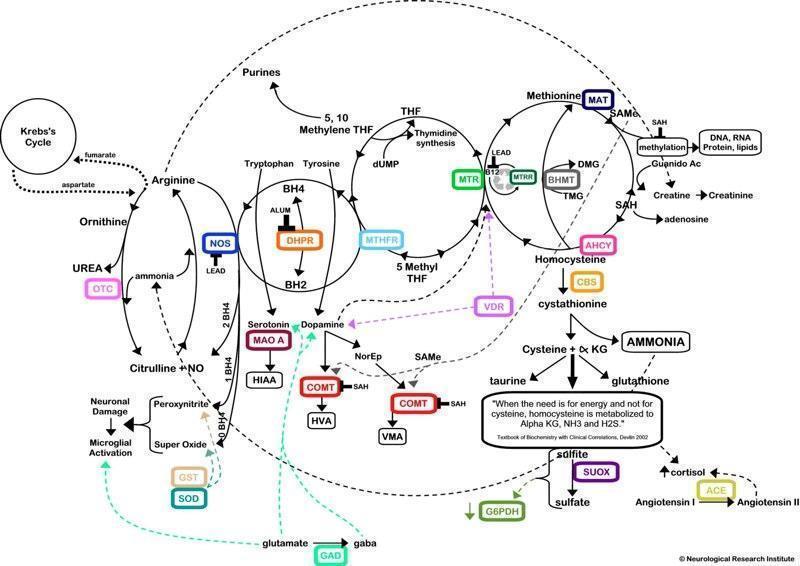kineticz
Member
[moderator edit: posts moved from L-lysine - serotonin antagonist]
[moderator note: Most views expressed here by kineticz and a few others are in conflict with Dr. Peat's views.]
Yep. The sodium potassium ATPase pumps keep things operating smoothly.
Increase sodium to minimise aldosterone, which should naturally increase progesterone stores, and increase magnesium to keep calcium extracellular.
I have difficultly thinking that taking calcium is necessary, due to the reaction of the kidneys which reduce vitamin D to ensure that calcium is lowered.
I think that minimising cortisol and taking a good K2 supplement is the best way to limit calcium and osteoporosis.
High cortisol, calcium, glutamate, and oxidized fatty acids are a cells worst enemy.
Keep the myelin sheath happy in the brain and generally makes ATP a whole lot more likely in the heart, kidneys, lungs, muscles and liver. When glutamate signal is high in the brain the whole system switches to angiotensin and cortisol to sustain energy, as opposed to the methylation of creatine, carnitine, and glutathione and taurine detoxification.
I know Peat is anti-fatty acids but I've had really good results from this:
http://www.doctormyhill.co.uk/wiki/Phos ... d_exchange
The myelin sheath is made up mostly of these fats. Healthy membranes means the ion pumps and bundles of nutrients are retained.
[moderator note: Most views expressed here by kineticz and a few others are in conflict with Dr. Peat's views.]
Yep. The sodium potassium ATPase pumps keep things operating smoothly.
Increase sodium to minimise aldosterone, which should naturally increase progesterone stores, and increase magnesium to keep calcium extracellular.
I have difficultly thinking that taking calcium is necessary, due to the reaction of the kidneys which reduce vitamin D to ensure that calcium is lowered.
I think that minimising cortisol and taking a good K2 supplement is the best way to limit calcium and osteoporosis.
High cortisol, calcium, glutamate, and oxidized fatty acids are a cells worst enemy.
Keep the myelin sheath happy in the brain and generally makes ATP a whole lot more likely in the heart, kidneys, lungs, muscles and liver. When glutamate signal is high in the brain the whole system switches to angiotensin and cortisol to sustain energy, as opposed to the methylation of creatine, carnitine, and glutathione and taurine detoxification.
I know Peat is anti-fatty acids but I've had really good results from this:
http://www.doctormyhill.co.uk/wiki/Phos ... d_exchange
The myelin sheath is made up mostly of these fats. Healthy membranes means the ion pumps and bundles of nutrients are retained.

